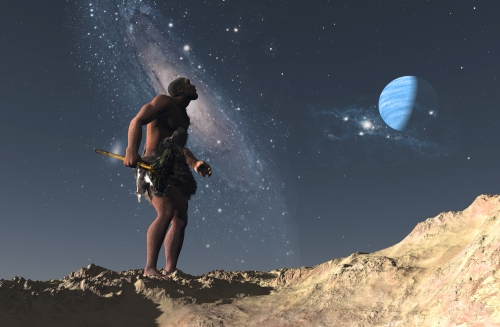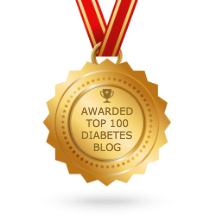
He got up before sunrise
Here are some answers in the summary of an article in Current Biology:
How did humans sleep before the modern era? Because the tools to measure sleep under natural conditions were developed long after the invention of the electric devices suspected of delaying and reducing sleep, we investigated sleep in three preindustrial societies. We find that all three show similar sleep organization, suggesting that they express core human sleep patterns, most likely characteristic of pre-modern era Homo sapiens. Sleep periods, the times from onset to offset, averaged 6.9–8.5 hr, with sleep durations of 5.7–7.1 hr, amounts near the low end of those industrial societies. There was a difference of nearly 1 hr between summer and winter sleep. Daily variation in sleep duration was strongly linked to time of onset, rather than offset. None of these groups began sleep near sunset, onset occurring, on average, 3.3 hr after sunset. Awakening was usually before sunrise. The sleep period consistently occurred during the nighttime period of falling environmental temperature, was not interrupted by extended periods of waking, and terminated, with vasoconstriction, near the nadir of daily ambient temperature. The daily cycle of tem- perature change, largely eliminated from modern sleep environments, may be a potent natural regulator of sleep. Light exposure was maximal in the morning and greatly decreased at noon, indicating that all three groups seek shade at midday and that light activation of the suprachiasmatic nucleus is maximal in the morning. Napping occurred on <7% of days in winter and <22% of days in summer. Mimicking aspects of the natural environment might be effective in treating certain modern sleep disorders.
RTWT.


![MP900179890[1]](https://paleodiabetic.files.wordpress.com/2011/10/mp9001798901.jpg?w=300&h=197)



